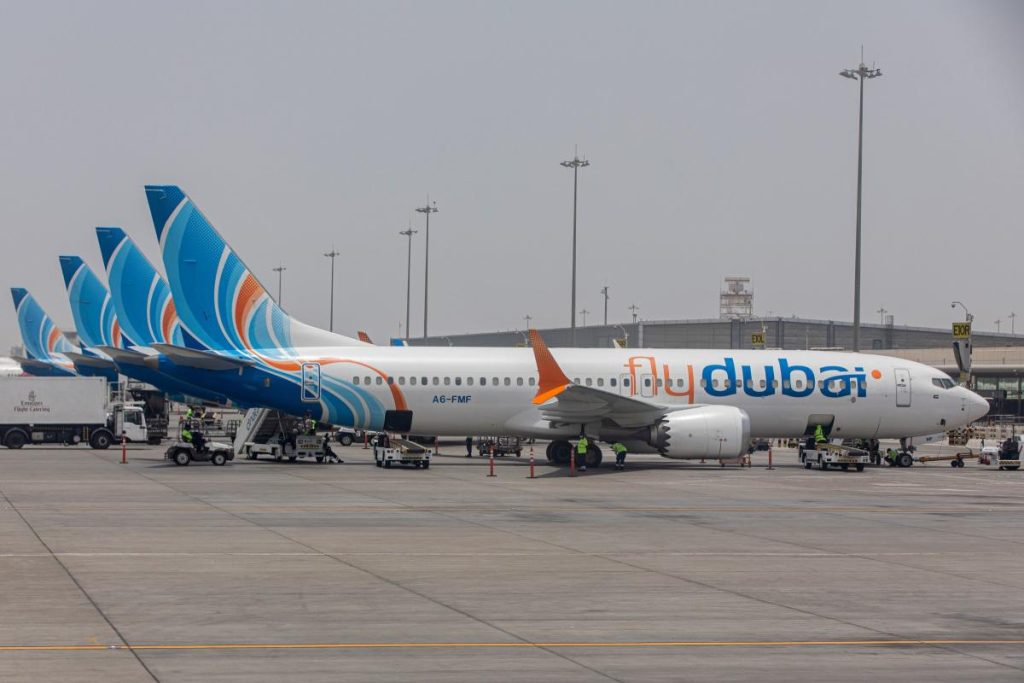
(Bloomberg) — After largely sitting out last year’s flurry of aircraft orders, some of the biggest airlines in the Middle East are now preparing to replenish their fleets, with hundreds of planned purchases set to cement the region as key growth driver for Boeing Co. and Airbus SE.
Most Read from Bloomberg
Among the carriers set to add planes is Flydubai, which is looking to purchase at least 200 narrowbody jets plus 100 options, according to people familiar with the negotiations. Neighboring Etihad Airways is meanwhile in talks for as many as 40 widebody aircraft, said the people who asked not to be identified discussing confidential deliberations.
Joining the fray is Qatar Airways, which is closing in an order for about 230 twin-aisle aircraft in coming months, while Gulf Air, the national carrier of Bahrain, is in talks for about a dozen widebody jets, the people said.
Add to that the 50 long-range planes that Riyadh Air is looking to buy, and the duopoly made up of Airbus and Boeing stands to pull in at least 500 orders from the region this year. Such a haul would solidify the Middle East as a major source of business for the two planemakers, as carriers expand and renew their fleets and locations like Dubai morph from transfer hubs into tourism destinations in their own right.
While North America is still the largest profit contributor to the global aviation industry, the Middle East has enjoyed the strongest financial performance. It was also the only region last year where passenger yields jumped, thanks to strong demand for premium long-haul travel.
Some of the biggest deals in recent years came from India and Turkey, which are seeking a larger slice of the global transfer market and — in the case of India — are catering to a more affluent middle class seeking to travel in the country and abroad.
Given the near-record demand for new jets, airlines are clamoring to lock in delivery slots now stretching into the next decade for both single-aisle and twin-aisle aircraft. Airbus and Boeing have also struggled to ramp up production, partly because of still-constrained supply chain and engine maintenance issues.
Boeing deferred to customers, while Airbus, Etihad and Qatar Airways declined to comment. Gulf Air didn’t reply to a request for comment.

